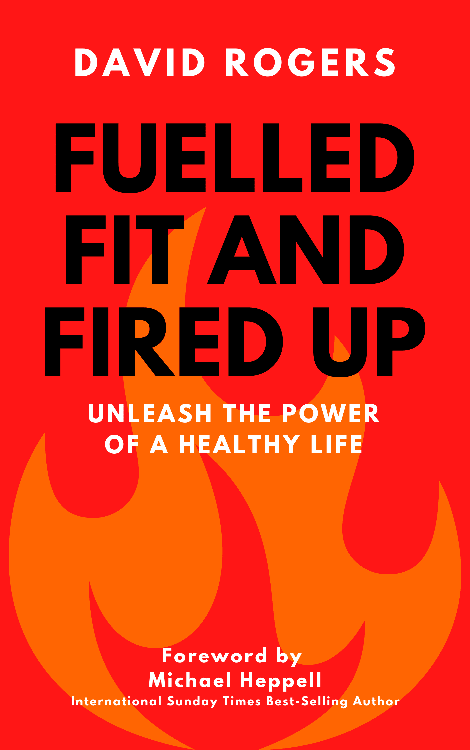
Decisions, Decisions, Decisions
In 1906, economist Wilfried (Vilfredo) Pareto famously observed that in his home country of Italy, 20% of the population owned 80% of the wealth. His work resulted in the birth of the Pareto principle, which you may know as the 80–20 rule. The straightforward concept is that 80% of consequences are driven by 20% of causes.
Fast forward over 100 years to the modern-day, and this principle forms the foundation of business and consumerism, where 80% of an organisation's revenue is from 20% of clients. Or perhaps 80% of product failures are driven by 20% of processes.
Pareto analysis is an analytical tool used to aid decision-making. By taking a statistical approach, the problems within a business can be ranked and presented in diagrams and tables. The findings often fall into one of two categories:
The Vital Few: A small number of contributions that lead to a large majority of the solution
The Useful Many: A larger number of contributions but they lead to a minimal part of the solution
This straightforward logic can be applied to decision making, as numerous choices, both subconsciously and consciously, are made daily. They range from what we have for breakfast to more challenging commitments to resolve global issues. And it is often the conscious decisions that are the hardest to make. They are often important, falling into the category of the Vital Few, the 20% of choices that have the greatest impact on you, your life, or your business.
They are big decisions that require input, thought, and ideas, perhaps from others, that inform the final choice. Due to the perceived importance, the need to feel 100% confident can lead to procrastination, delaying choices in the process. Resulting in the continuation of the status quo and missed opportunities.
The simple fact is that you cannot be 100% confident in any decision. You can never second guess every outcome, so why delay making that choice?
Earlier this week, while listening to a podcast, I was reminded of a speech Barack Obama delivered about how he handled the pressure of presidential decision-making. “Every call was horrible”, he stated, "If it was an easily solvable problem or even a modestly difficult but solvable problem, it would not reach me, because, by definition, somebody else would have solved it,"
But over time he figured out a constructive approach to resolving some of the world's most intractable problems and avoiding procrastination.
Use Probability Rather Than Certainty
Successful people think in probabilities, asking themselves what the chances are of X, Y or Z occurring. The first step to making difficult decisions is to get comfortable that you will not get a 100% solution. You are dealing in probabilities, so do not get debilitated by thinking you will solve it perfectly.
Surround Yourself With Smart People
Putting your ego aside and admitting that you do not have all the answers is critical and help you make those big decisions with more confidence. Find the best people to help with each decision, those with a different perspective, provide additional information, and challenge your thinking. If you have every angle covered, you will be confident in making the best decisions.
Ask The Stupid Questions
Seeking out expert advice and listening to it is not enough. You must understand it. That often means asking a lot of seemingly dumb questions, breaking down the technical language or complicated processes, to have true confidence in your choices.
So be more Pareto (with a hint of Obama) and make decisive, timely, and informed decisions that create the greatest impact on you, your life, and your business.
At Fuelled Fit and Fired Up, our purpose is simple. We want to help you develop a healthy, successful, and sustainable business. If you are interested in finding out how we can unleash the power in your business, then contact us at info@fuelledfitandfiredup.com.
David Rogers, Founder & CEO of Fuelled, Fit and Fired Up



